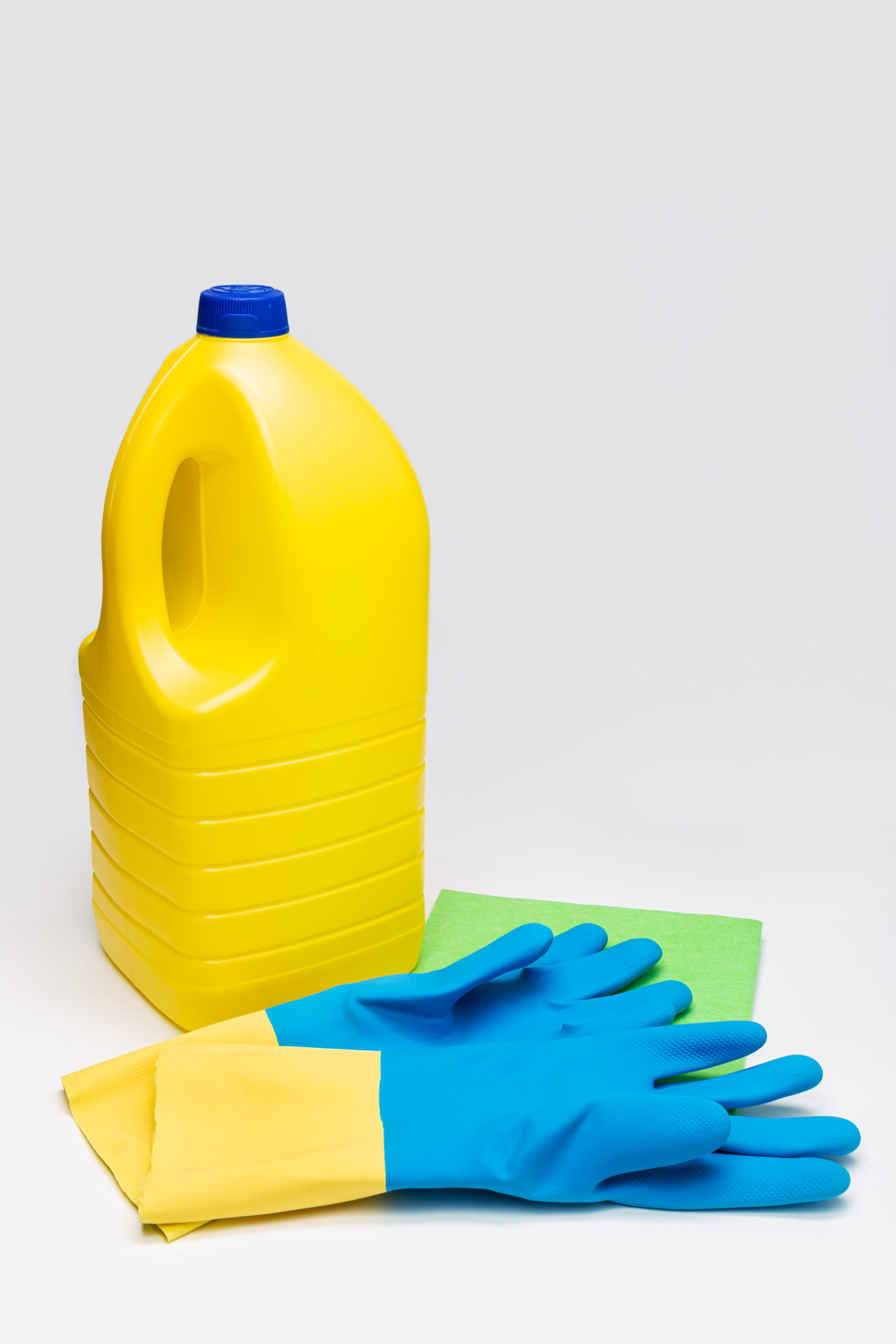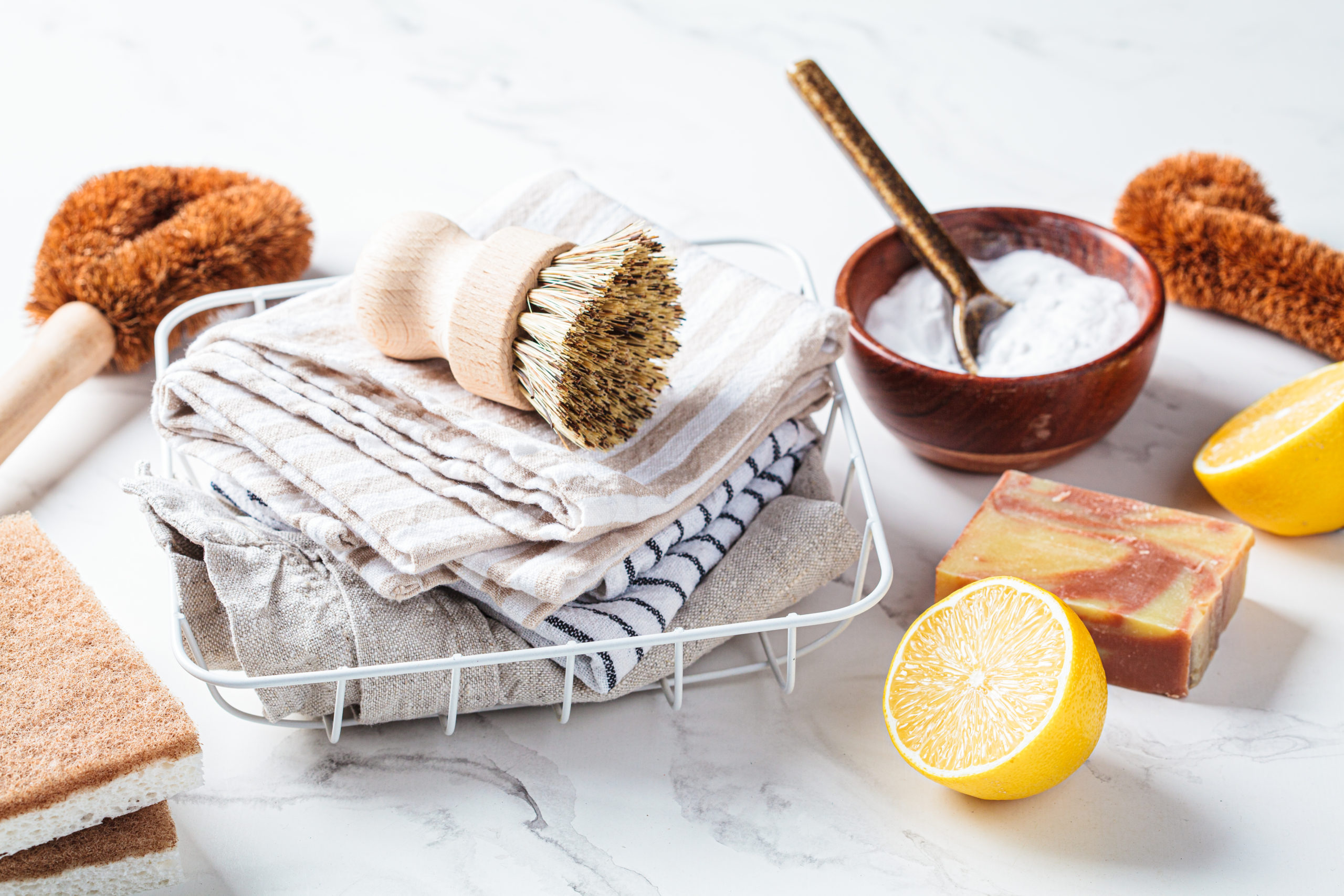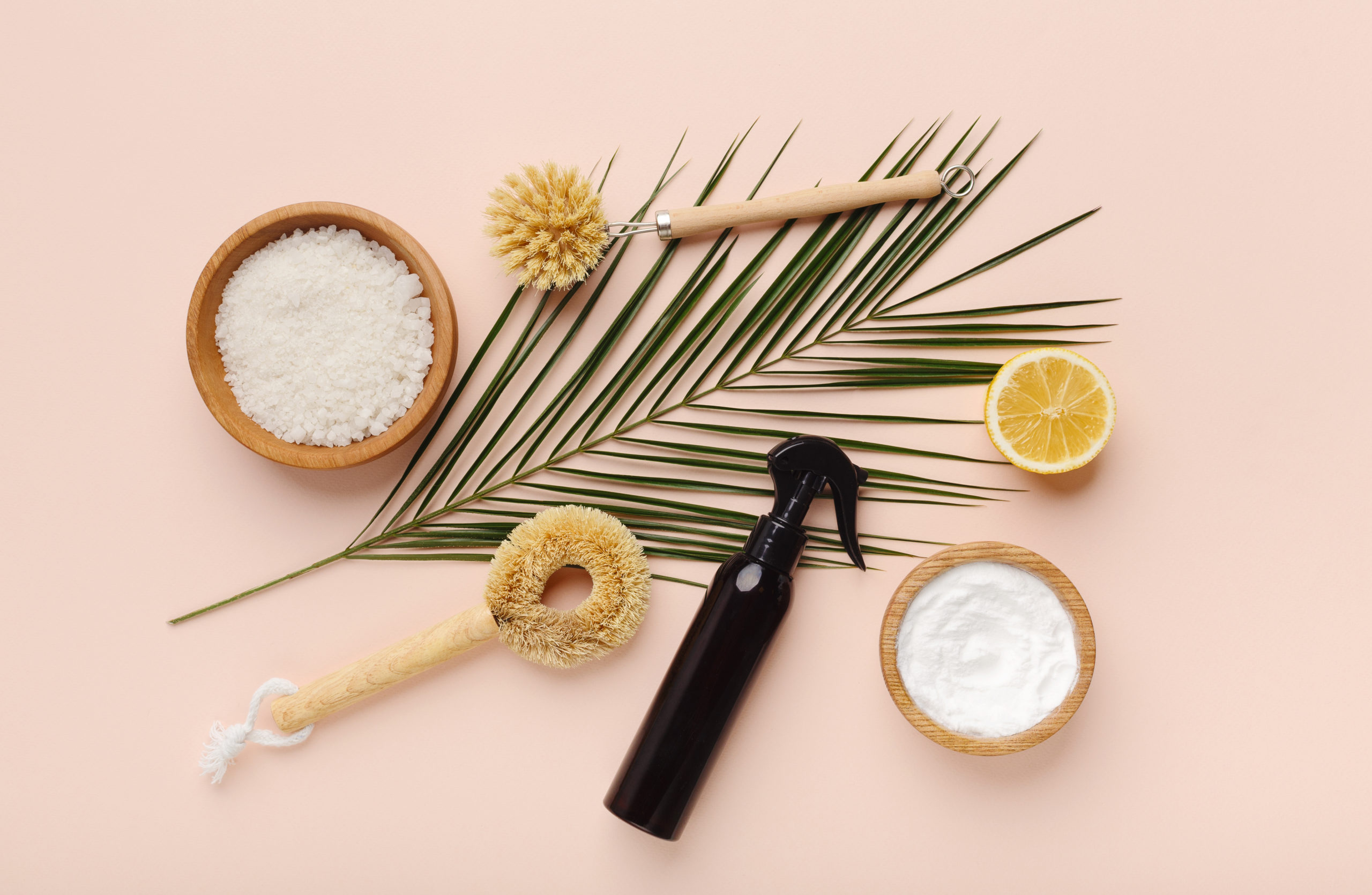
Why you should stop using bleach
Share: Facebook Pinterest LinkedIn When it comes to large-scale cleaning sessions, we tend to use chemical cleaning products that are either wrongly or rightly acclaimed

Chic, elegant, and sturdy, marble is a highly prized natural stone for both indoor and outdoor spaces. Used since Antiquity, it stands out, particularly for the charm reflected by its details and the splendor of its surface. However, as precious as this material appears, it is extremely sensitive to dirt, and over time, it can lose its shine. Therefore, regular and meticulous maintenance is necessary, which cannot be improvised. Here is an article that provides information on the steps to follow to clean a marble surface effectively.
To effectively rid this material of dirt and restore its original shine, it is first and foremost important to know that it is porous and degrades very quickly. Geologically, marble results from a combined action of high heat and intense pressure in the bowels of the Earth. During this phenomenon, the basic mineral — limestone — undergoes deformations, reforms, and crystallizes before giving the shiny appearance we know to marble.
In reality, despite the many forces at work to form it, marble proves to be surprisingly fragile. This is explained by the fact that it is made up of highly alkaline minerals. As a result, even accidentally spilled cranberry sauce on an unprotected marble surface can cause corrosion.
Incessant attacks of this nature erode its smooth surface, and over time, give way to what is called an “etching.” This often looks like a stain that resists cleaning, no matter how it is scrubbed.
However, keep in mind that marble should not be approached with just any cleaner. If some quickly attack its structure, others, on the other hand, allow it to be polished in a few moves.
For the usual cleaning of a marble surface, the simplest method is to use hot water to which a little neutral soap or Marseille soap is added. But to achieve satisfactory results, here are other applications that you can implement:
You can create your own homemade detergent to keep your marble clean and shiny. To compose the latter, you will need:
This ecological detergent proves effective in cleaning floors and worktops, even if its strong point remains the total elimination of lime stains. For deep cleaning, a slightly abrasive wax-based compound can be used.
To restore the former glow to yellowed or opaque marble, whether it is indoors or outdoors, nothing is better than using pumice. This trick also works wonders when it comes to removing complex dirt like grease.
How to proceed? Vigorously sand the affected surface and then wash it with water and Marseille soap.
A second tip suitable for cleaning yellowed marble refers to this mixture: a glass of water, a little lemon juice and a spoonful of baking soda. Apply it to the marble and scrub with a hard bristle brush (but not iron) and rinse abundantly.
Finally, you can make your marble surface shine using natural waxes, especially if the marble is black. The advantage with this process lies in its degreasing and absorbing power.
Moreover, rubbing a dirty marble surface with hydrogen peroxide diluted in hot water also guarantees satisfactory results.
A very simple method to eliminate most stains on a marble surface consists of using generic plaster moistened with water. It is especially necessary to make sure that the mixture is liquid enough before applying it to the surface to be treated. Let it act for at least half an hour, then dust it with chalk before washing it with Marseille soap.
Rinse and finally dry the surface with a soft cloth and admire your marble that shines again.
Apply a little claystone to the surface to be cleaned using a damp sponge. Then scrub until it is removed and rinse with clean water. After this phase, take the time to dry the marble with a clean, soft cloth to avoid streaks.
The use of Blanc de Meudon proves extremely effective on contact with marble. You just have to associate it with water to obtain a slightly liquid paste. Soak a cloth in it and scrub the surface to be treated with it. Finish the cleaning by wiping the marble with another clean, dry cloth.
From a cup and soda crystals and 1 liter of boiling water, compose a mixture and dip a sponge in it. Use it to slowly scrub the surface to be treated. Once again, finish the cleaning by wiping everything with a clean, dry cloth.
Very effective against grease stains, Montmorillonite is also one of the tips to use to clean a marble surface. Put a few pinches of this product on a clean cloth and gently rub the stained area. Montmorillonite will absorb the greasy matter and easily eliminate it.
As a manufacturer of cleaning products, we spent a year and a half formulating a high-quality multi-surface cleaner and a high-quality window and mirror cleaner. Natural products without controversial ingredients that allow easy cleaning of surfaces without streaks and without rinsing.
In addition to being effective, the refillable powder system of our products allows for zero-waste use thanks to its reusable aluminum bottle. The aim of this creation is to obtain an effective product while being respectful of the nature.
Some dirt, like those caused by acidic components or dog urine, cat urine… tend to resist simple solutions. Are you faced with a situation like this? Quickly get these elements:
Procedure:
Try applying cheap potato starch directly to the stain, then let it act for several hours so it can absorb it. Finish the operation with a wash with water and vegetable soap.
There are substances that can not only soil the surface of your marble covering but also damage its structure in the long term. Keeping them away, or at least removing them quickly as soon as they come into contact with marble is very important if you want to preserve its splendor. Let’s see what these elements are:
As surprising as it may seem, water is an enemy of marble, especially with a high rate of limestone. In regular contact with marble, hard to clean tartes settle in. And don’t forget that the material is porous!
Being dark substances, coffee, wine, and other food dyes can damage marble when they come into contact with it, and worse if it is white. Handle them with caution.
Fruits, juices, and other sweet substances, if deposited on marble, risk corroding it and altering its natural shine. If they accidentally fall on the marble, clean them immediately.
And there you have it – the magical world of marble cleaning. May your journey into the kingdom of sheen and luster be as enchanting as the marble itself.
And remember, when the going gets tough, the tough get… a soft sponge and some baking soda!

Share: Facebook Pinterest LinkedIn When it comes to large-scale cleaning sessions, we tend to use chemical cleaning products that are either wrongly or rightly acclaimed

Share: Facebook Pinterest LinkedIn Are you looking for a way to clean your home naturally, without using harsh chemicals? Running out of ideas for natural

Share: Facebook Pinterest LinkedIn Are you looking for a way to clean your bathroom naturally, without using harsh chemicals? If yes, you’ll love these natural